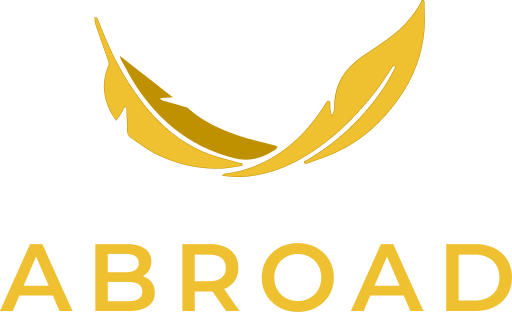Knowledge vs Wisdom: The Vital Role of Experiential Learning in Nurturing Wisdom
The pursuit of knowledge and wisdom has long been a shared endeavor of human society. However, the distinction between these two key concepts often gets overlooked. Understanding their nuances, particularly how experiential learning can foster wisdom, holds profound implications for personal and professional growth.
Defining Knowledge and Wisdom
Knowledge is often associated with the acquisition of facts, information, and skills gained through education or experience. It's linear, quantifiable, and readily transferable. We seek knowledge through structured learning, reading, research, and exploration. In the age of ChatGPT, one could argue knowledge is on the verge of being commoditized.
Wisdom, on the other hand, is subtler. It is the judicious application of knowledge, imbued with empathy, insight, and experiential understanding. Wisdom encompasses the capacity to make sound judgments, comprehend the deeper implications of knowledge, and recognize the right course of action. Wisdom is not taught, it’s shared or experienced.
Experiential Learning and the Pursuit of Wisdom
Experiential learning refers to learning derived from direct experience or immersion in a particular context or environment. It transcends traditional academic learning by encouraging individuals to engage critically with their experiences, reflect on them, and apply the learned insights to their life and work.
This active involvement in the learning process facilitates the development of wisdom. Through real-life experiences, individuals cultivate an adaptive mindset, nurture emotional intelligence, and foster an understanding that extends beyond facts and theories. This deeper comprehension is a cornerstone of wisdom.
Why Experiential Learning Matters in Leadership
In the realm of leadership, the application of wisdom is pivotal. While knowledge provides leaders with a foundation and understanding of their domain, wisdom offers them the discernment to apply this knowledge effectively and ethically.
Experiential learning, particularly in diverse and challenging environments, equips leaders with an understanding of different perspectives, a heightened sense of empathy, and the ability to make informed decisions. These are essential components of wise leadership.
How Abroad Facilitates the Transition from Knowledge to Wisdom
At Abroad, we recognize the value of wisdom in leadership. Our 'Leadership Quests for Global Visionaries' programs provide a unique blend of knowledge acquisition and experiential learning. Leaders embark on transformative journeys to locations like Bhutan, Bali, Mongolia, and Peru, immersing themselves in local wisdom cultures with the support of luminary leaders and coaches.
Through these experiences, leaders gain unique insights that go beyond traditional learning. They discover how to integrate timeless wisdom into their leadership practices, fostering more resilient, empathetic, and effective leadership.
For example, in Bhutan we invite leaders to witness and immerse in the practices of Compassionate Leadership. While we can understand compassion and even partake in philanthropy and kind action toward others, in Bhutan compassion is a spiritual practice. It’s an automatic operating pattern that does not make sense until you see the Bhutanese exemplify compassion through their actions and rituals.
Right now, there are monks at a sacred monastery we visit who are selflessly praying for the good of humanity with pure intention of heart and mind. They are asking for nothing in return. How might this inspire you today to make a different choice?
Conclusion
Knowledge and wisdom are complementary elements of the human learning process. Through experiential learning, we can nurture wisdom, fostering leaders capable of insightful decision-making and compassionate leadership. Our Leadership Quests for Global Visionaries program embodies this journey from knowledge to wisdom, cultivating leaders ready to navigate the challenges of our evolving world.

